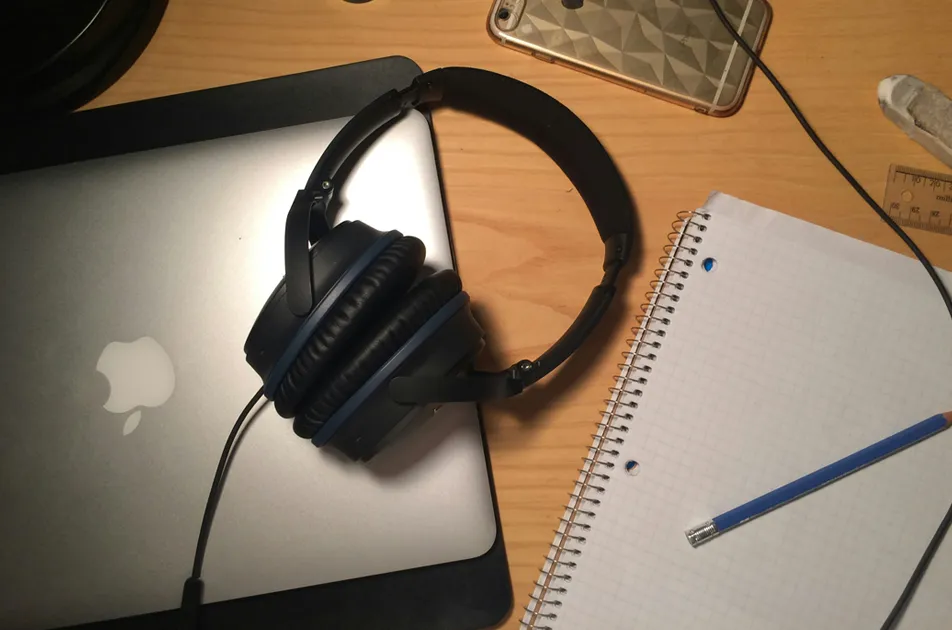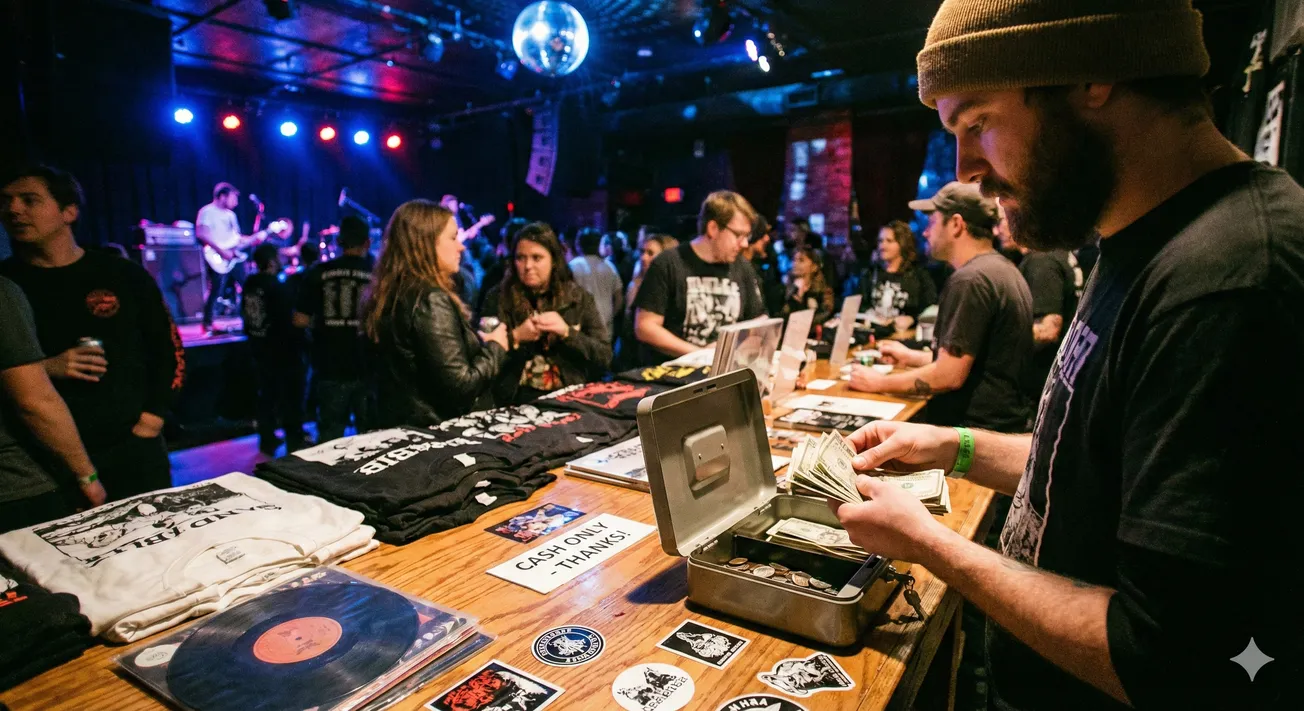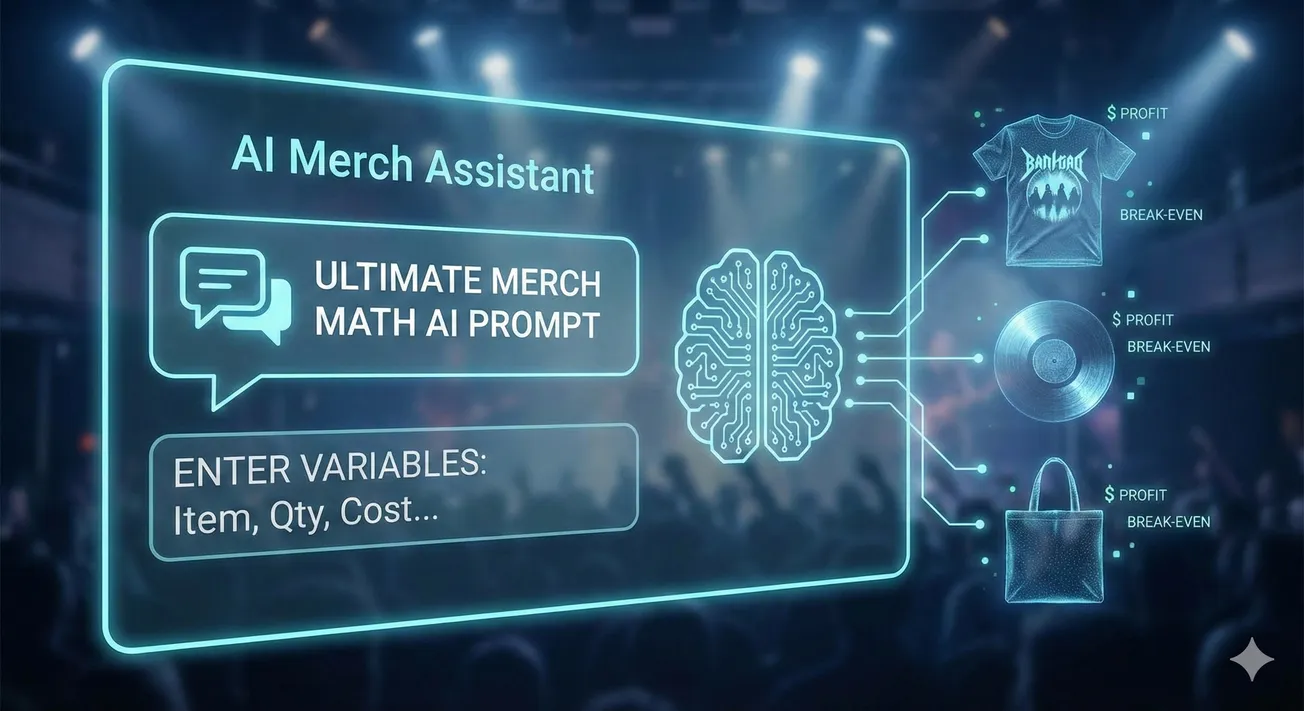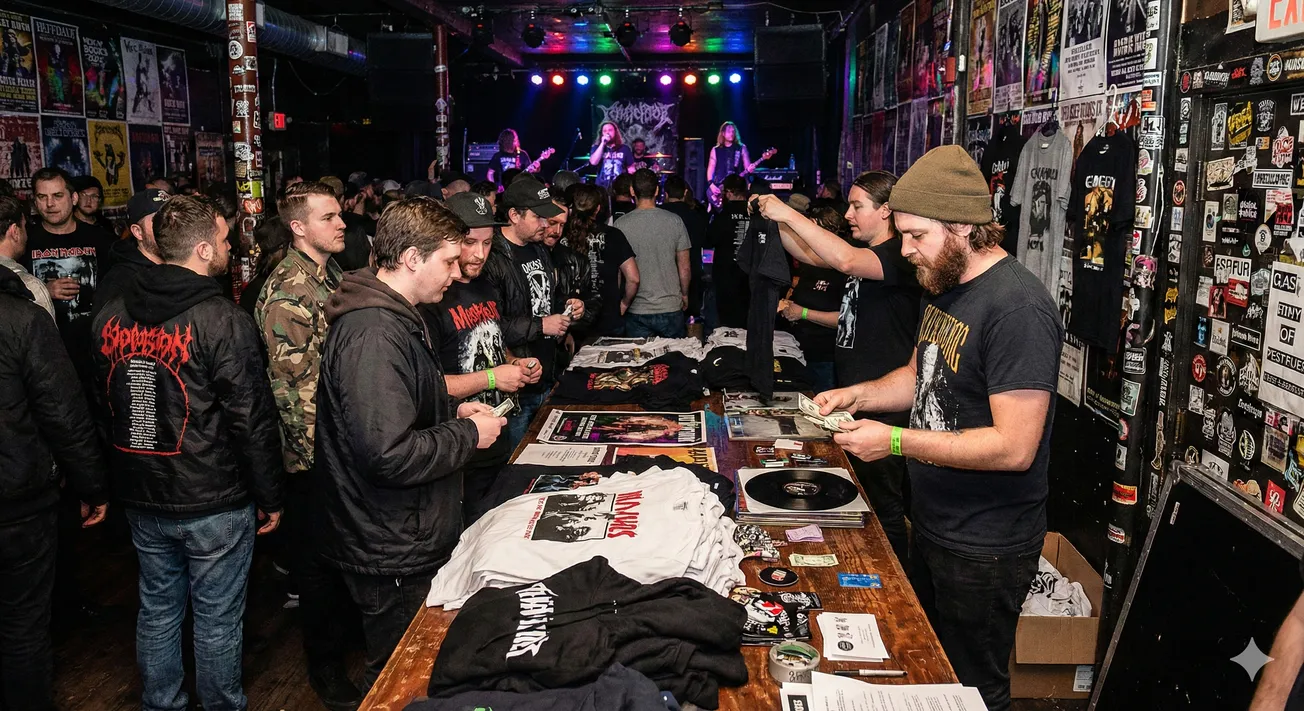By Mita Carriman Esq. (@nymusiclawyer), NYC entertainment lawyer at Carriman Law Group and band manager.
As an entertainment attorney who was once an indie artist myself involved in a few different artistic disciplines, I know that the bridge between law and art doesn't always seem straightforward. There's certainly a lot of gray area, which could lead a person to probably think that the law would be one way, when it isn't. Through my work, I've frequently encountered several myths regarding music law that I hope can eventually go away! While there are much more than 4, I found that these were especially common:
1. "A poor man's" copyright is a "poor" way to properly protect the rights to your music.
Emailing or snail-mailing yourself a copy of your music (or other creative work) is what many people refer to as a so-called "poor-man's" copyright. Let's get this clear once and for all: the "poor man's copyright" has never been a part of the US copyright law, nor is it recognized by law. It's simply not a substitute for copyright registration in any way. Your copyrights actually arise when your original creative works are placed in a fixed format, such as when you record original music, or when you write down original lyrics on paper. By taking the step of timely registering your copyrights with the government (within 3 months of publication), you gain a host of great benefits. Perhaps the best benefit of timely registration is the ability to bring a copyright infringement lawsuit for $750 – $150,000.00 + attorney fees per act of infringement via statutory damages. By putting your trust in the "poor-man's" copyright for your music, it might literally leave you "poor."
2. There is no "50 second," "5 second," "8 bar," or "1 bar" rule to being able to legally sample music you don't own or control the rights to.
Another common myth echoed across the indie music scene is that there is a "50 second," "5 second," "8 bar," or "1 bar" rule that permits you to legally sample music you don't own or control into your own music creations. This is a very dangerous myth that needs to go away. When you sample any portion of someone's music without proper authorization, it gives rise to a valid cause of action for copyright violation. The owner has every right to sue you, and if they did the right thing by timely registering their copyrights, then you could get hit with a pretty severe lawsuit money-wise. If you want to obtain the rights to sample music properly, you have to clear the rights to the music composition copyright, and if you want to use the sound recording, then the sound recording copyright has to get cleared as well.
As for the concept of "fair use," it's a defense that is used as a shield, not a sword to copyright infringement, and it's a pretty difficult defense to prove in court. Sampling under fair use must be for the purpose of criticism, comment, news reporting, teaching, scholarship, or research. Further, the court will also weigh the following four factors to evaluate whether there was an actual fair use: (1) Purpose & character of the use – was it for profit or non profit and educational? (2) Whether the work been published already?(3) The amount and substantiality used; and (4) The harm done to the original copyright owner.
Long story short – don't sample without securing the rights. More often than not, music sampling by musicians is not protected by fair use, and even if it is, you still have to pay to defend your argument in court. Your best bet: create your own original music.
3. Even if you don't plan on selling your music/mixtapes with uncleared samples, and you just distribute them online/offline for free, it's still copyright infringement.
Your copyright (both at common law and under federal registration) gives you as the copyright owner 6 exclusive rights – a bundle of rights if you will. Those being: (1) The exclusive right to reproduce your work; (2) The exclusive right to distribute your work; (3) The exclusive right to perform your work; (4) The exclusive right to display your work; (5) the exclusive right to make derivatives of your work; (6) The exclusive right to digitally transmit your work. While some artists might not make a fuss or even bother to contact you if they see that you used an uncleared mashup/mixtape /sampled song or master recording from their music being shared by you for free, they absolutely have every right to prevent you from doing so, and to enforce their rights. Whether its shared for free physically or online, the law is that only the copyright owner has the right to reproduce, distribute, and make derivatives of their music.
4. Securing a license to record a cover song doesn't automatically give you the right to make and distribute a music video of your cover.
A cover license give you the right to make, reproduce, and distribute a certain amount of mechanical reproductions of music (i.e. reproductions via digital, CD, vinyl, etc. –whatever is specified in the license). While this may seem odd to lay people, a cover license doesn't give you concurrent rights to make a music video of your cover. The right to do so is an entirely separate license called a synchronization license which you need to obtain from the copyright owner. Hence, if you're goal is to record and distribute a cover song with an accompanying music video, you'll need a mechanical license and a synchronization license as well.
Mita Carriman, Esq. is an entertainment, intellectual property, and small business lawyer at CarrimanLawGroup.com. In June 2012 she was named a top ten "must follow" music law resource on
twitter. She can be reached at info@carrimanlawgroup.com or on twitter @nymusiclawyer.
Legal disclaimer stuff: this article is intended and presented for general information purposes only. It does not replace or constitute legal advice of any kind, nor does it create an attorney-client relationship. You are advised to directly seek the help of a licensed attorney to help you with your unique and specific situation.
Related articles







